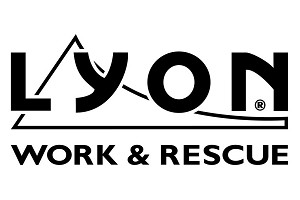In reply to Longsufferingropeholder:
I'm glad you find enjoyment in them. I've read one or two, and scanned the rest, it appears most are either from guides or people who have the privilege to set up life there.
Upon further reflection, Nicholas Livesey's account in north Wales, for me, is the most refreshing. I think it offers something more than simply 'look how great things are for me'. (I appreciate that might not have been the intention of the authors, but that's how many of them land for me and I don't find that interesting).
The one thing that does interest me in these article is the idea of 'escape'. The authors gesture to it as a motivation for moving, and it appears the articles themselves even offer some form of escape to readers, as indicated by some replies. But escape from what?
In some of the articles, there are indications of this, such as mental illness, relationships etc. Obviously there are a lifetime of individual reasons, unique events that give rise to whatever people are escaping from. But given I've heard 'escape' as a common (but not only) response to 'why' people go to the mountains, I do think it's important to constantly return and question the social conditions and the politics that give rise to some people fleeing (or wanting to flee) from the towns and cities, whether on weekends, for a lifetime or indeed in their dreams.
Most people spend most of their time in towns and cities. So in a way, it's a truly sad reflection on life for so many and for these places, if people can't fulfil fundamental needs in the places we live. The 'dark satanic mills' may have gone physically, but what these metaphorically represent appears to be present for many of us living in cities.
I believe it is possible to change this state of affairs. It requires more people, to take more responsibility in protecting what 'mountains' we do have in urban areas, and creating more, especially greenspaces for those who do not have the means to escape to the hills.
I don't think we can rely on councils/governments/business to do this for us, especially business who often want to grab public land, rather than enhance it.
It sounds cliche, but one idea is for more urban dwellers to apply the same wisdom that Nicholas Livesey offers in their article, that is, networking and getting involved with your local community and collectively bringing about what you and others need wherever you live.
